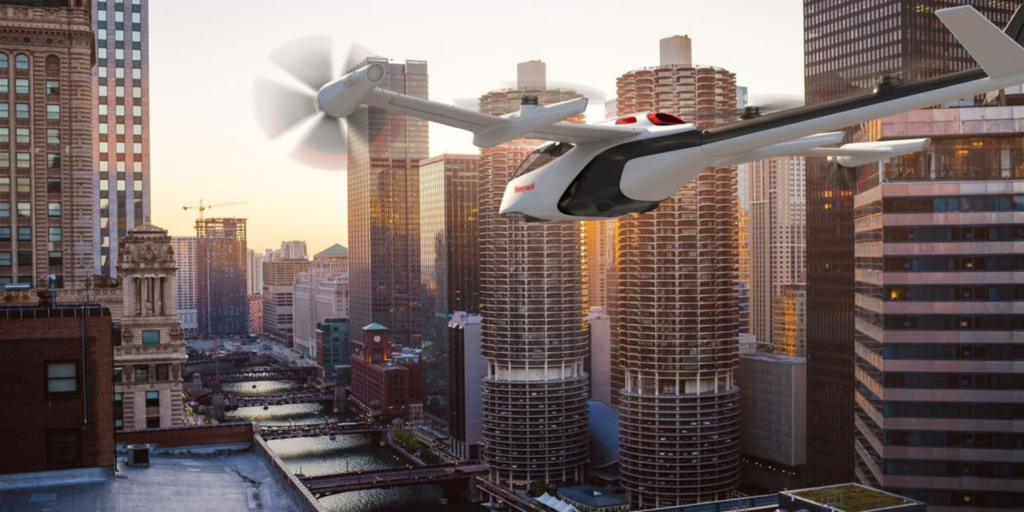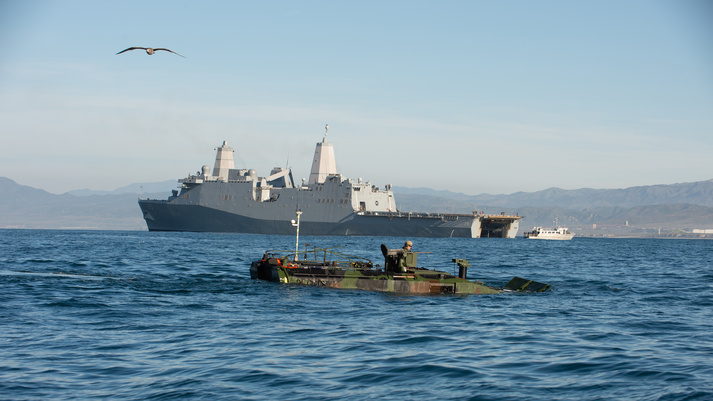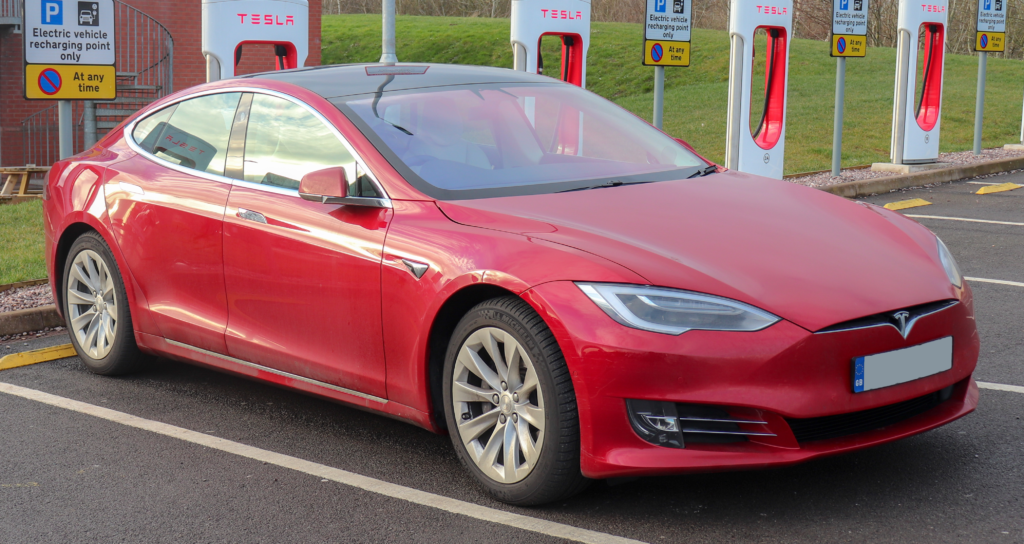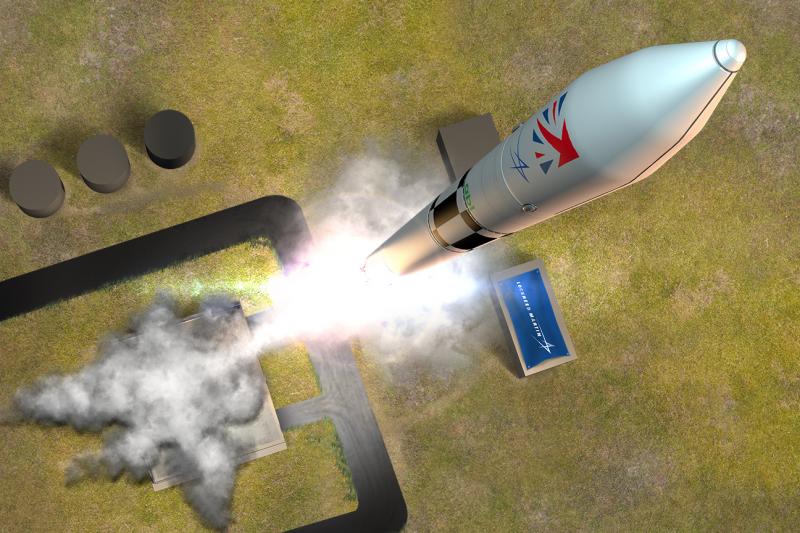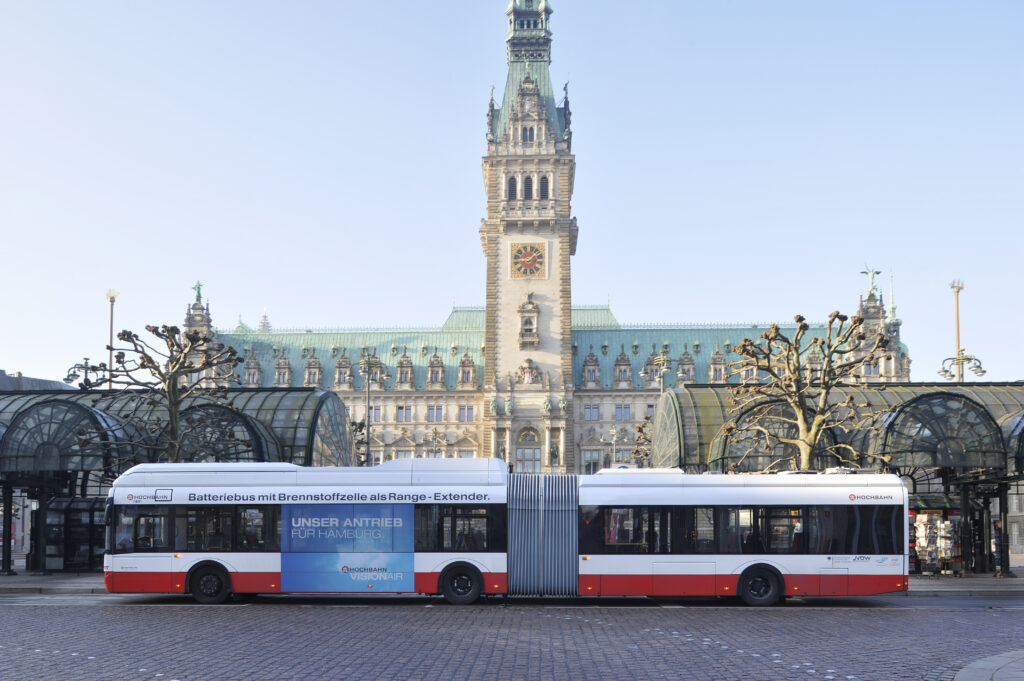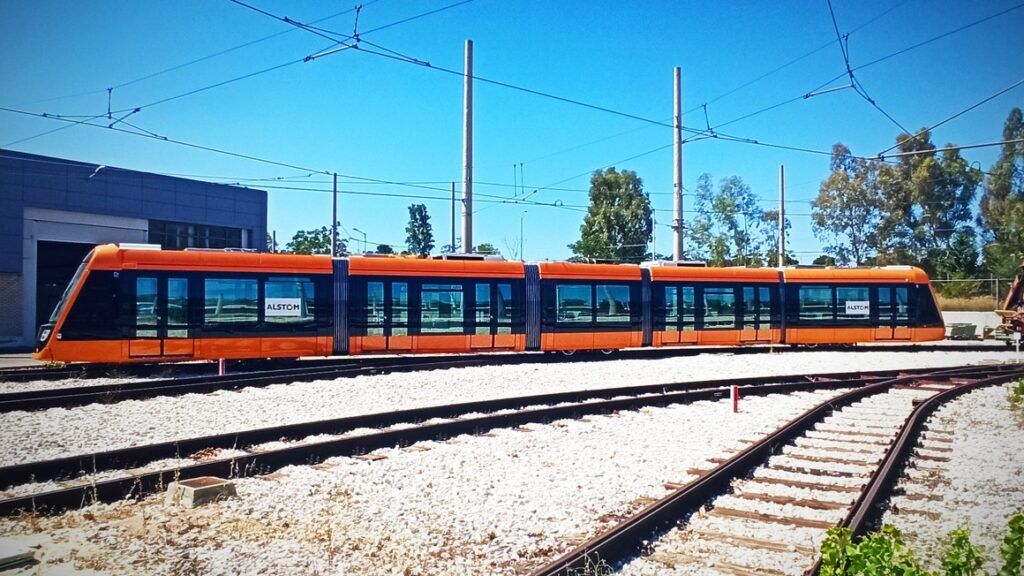Alstom Leads Way for Automated Train Operation in Stuttgart Network
Alstom (OTC: ALSMY) has signed a contract with Germany’s Baden-Wuerttemberg State Institute for Rail Vehicles (SFBW) to retrofit 118 regional trains with the European Train Control System (ETCS) Automatic Train Operation (ATO) digital signalling technology.…

